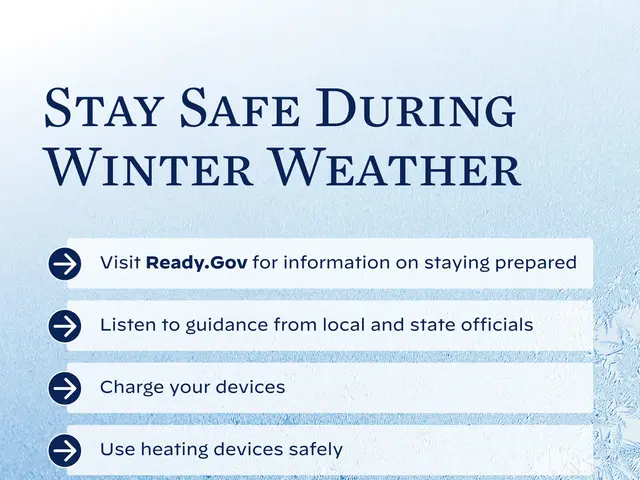ChatGPT's GPT-5 Shows Major Improvements in Handling Mental Health Conversations
OpenAI has rolled out an update for ChatGPT, focusing on enhancing its response to conversations involving mental health struggles and emotional dependence on ChatGPT. The new model, GPT-5, shows significant improvements in handling sensitive topics. Before the update, only 27 percent of conversations about mental health crises were handled appropriately by GPT-5. Now, the updated model manages 92 percent of these conversations effectively. In discussions about suicidal ideation and self-harm, the new model outperforms its predecessor, GPT-4o, by 52 percent. OpenAI collaborated with 170 mental health experts to define the requirements for the updated model. The update focuses on improving responses to conversations involving mental health struggles and emotional dependence on ChatGPT, which account for roughly 0.15 percent of weekly ChatGPT conversations, with 0.05 percent explicitly involving suicidal intent. In longer conversations, the new model achieves 95 percent reliability in adhering to the prescribed behavior, with undesirable responses reduced by 65 to 80 percent. The updated ChatGPT, GPT-5, demonstrates a marked improvement in handling sensitive topics, particularly those related to mental health. This update, driven by expert collaboration, aims to provide more appropriate and reliable responses in critical conversations.







